The Wakhan Quadrangle became an arena of colonial competition when four powers – Afghanistan, China, Great Britain and Russia – struggled for dominance in a remote mountain region where only scattered communities lived in a challenging environment – called the “Great Game”. Prior to this, various international travellers had been sent out, commissioned to record routes, military details and strategic information for the respective parties in the contest. Among the explorers were so-called indigenous intermediaries who were trained in measuring geodetic parameters and who noted down their observations about the customs, culture and economy of the people. They were expected to be knowledgeable in terms of linguistic skills and cultural practices and were less likely than their colonial masters to arouse suspicion. Munshi Abdul Rahim was an explorer who was sent to Wakhan and Badakhshan in 1879-1880 by the first British Political Agent in Gilgit. His report, reprinted in facsimile, is the centerpiece of this book. It was written during a crucial period for Wakhan that resulted in the imperial division of the formerly independent principality into two parts and the flight and migration of a large share of its inhabitants. His account is preceded by an introduction to the “Great Game” and its implications for the Central Asian interface. Munshi Abdul Rahim’s narrative serves to discuss the function of providers of ‘political’ and ‘non-political’ information, i.e. the distinction between exploration and espionage from colonial times to the present day. The comments and interpretations are embedded in archival research and fieldwork done by the author over 40 years.
ترجمه فارسی (ترجمه ماشینی)
چهارگوش واخان زمانی به عرصه رقابت استعماری تبدیل شد که چهار قدرت – افغانستان، چین، بریتانیای کبیر و روسیه – برای تسلط در یک منطقه کوهستانی دورافتاده که در آن فقط جوامع پراکنده در یک محیط چالش برانگیز زندگی می کردند – به نام “بازی بزرگ” مبارزه کردند. پیش از این، مسافران بین المللی مختلفی به خارج اعزام شده بودند که مأموریت داده بودند مسیرها، جزئیات نظامی و اطلاعات استراتژیک را برای طرف های مربوطه در مسابقه ثبت کنند. در میان کاوشگران به اصطلاح واسطه های بومی بودند که در اندازه گیری پارامترهای ژئودتیک آموزش دیده بودند و مشاهدات خود را در مورد آداب و رسوم، فرهنگ و اقتصاد مردم یادداشت می کردند. از آنها انتظار می رفت که از نظر مهارت های زبانی و شیوه های فرهنگی آگاه باشند و کمتر از اربابان استعماری خود سوء ظن ایجاد کنند. منشی عبدالرحیم کاوشگری بود که در سالهای 1879-1880 توسط اولین مامور سیاسی بریتانیا در گیلگیت به واخان و بدخشان فرستاده شد. گزارش او که به صورت فاکس تجدید چاپ شده، محور اصلی این کتاب است. این کتاب در یک دوره حساس برای واخان نوشته شده است که منجر به تقسیم امپراتوری شاهزاده مستقل سابق به دو بخش و فرار و مهاجرت بخش زیادی از ساکنان آن شد. مقدمهای بر «بازی بزرگ» و پیامدهای آن برای رابط آسیای مرکزی، مقدمهای از حساب او منتشر شده است. روایت منشی عبدالرحیم در خدمت بحث درباره کارکرد ارائه دهندگان اطلاعات «سیاسی» و «غیر سیاسی» است، یعنی تمایز بین اکتشاف و جاسوسی از دوران استعمار تا امروز. نظرات و تفاسیر در تحقیقات آرشیوی و کار میدانی انجام شده توسط نویسنده بیش از 40 سال گنجانده شده است.

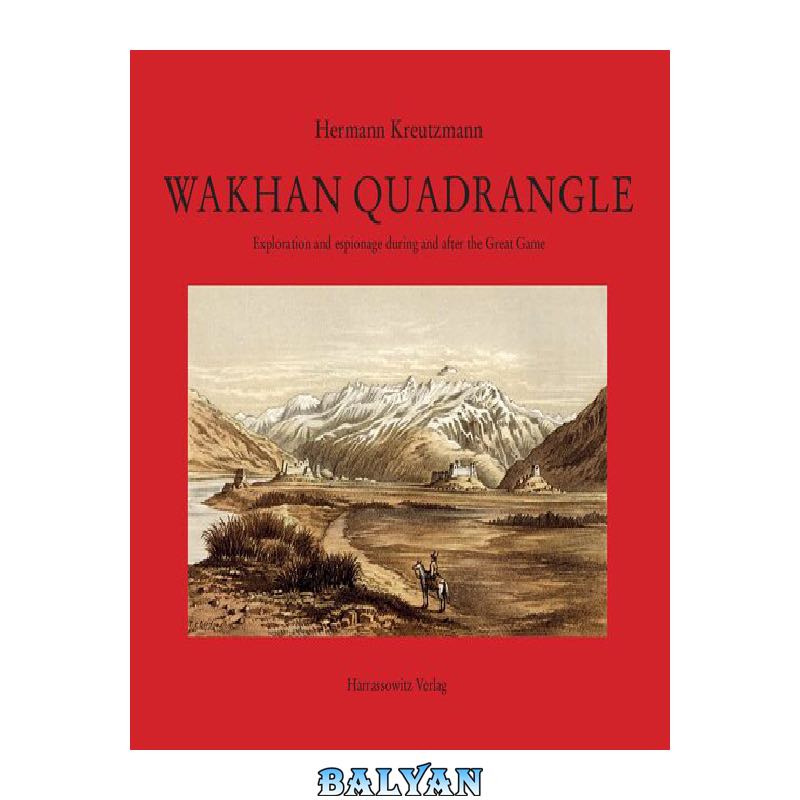


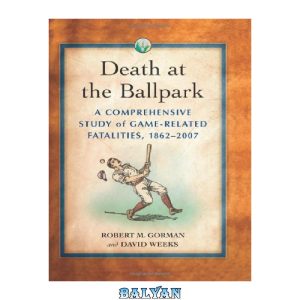
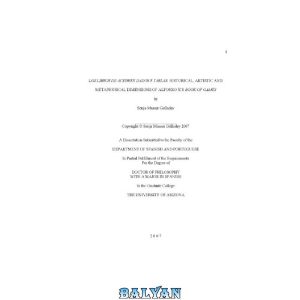
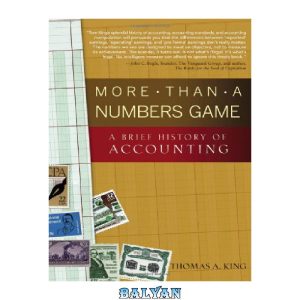




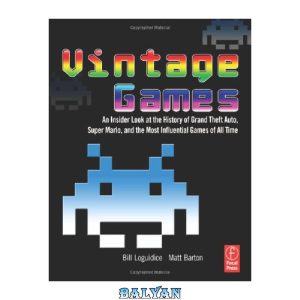
نقد و بررسیها
هنوز بررسیای ثبت نشده است.